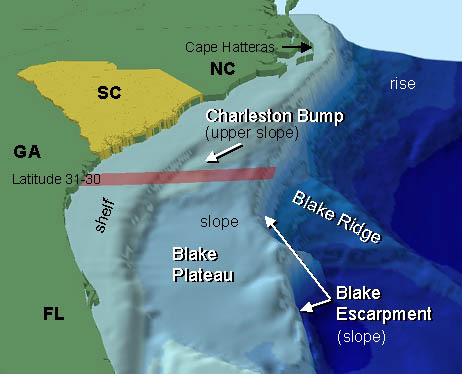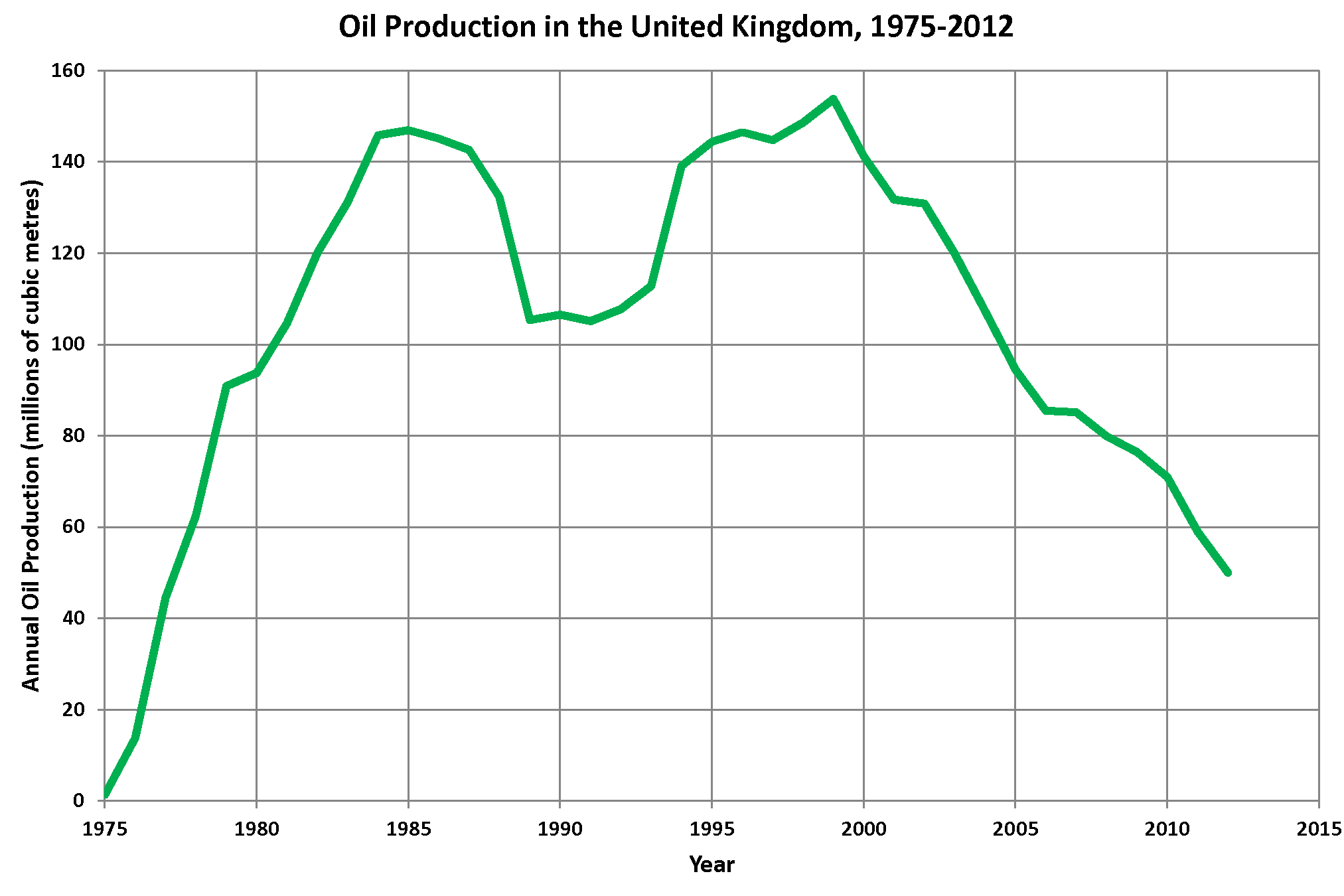|
Continental Shelf Act 1964 (United Kingdom)
The Continental Shelf Act 1964 (c. 29) is a UK Act of Parliament that governs drilling for oil on the continental shelf around the British Isles. It extended the land regime to areas outside UK territorial waters, where international law recognised the UK right to the seabed, subsoil and natural resources. Contents The following is a summary of key provisions of the Act. *s 1(1) ‘Any rights exercisable by the United Kingdom outside territorial waters with respect to the sea bed and subsoil and their natural resources, except so far as they are exercisable in relation to coal, are hereby vested in Her Majesty.’(3) key licensing provisions from the 1934 Act to the continental shelf (6) duty of SS for ‘effective and co-ordinated development of such resources’ in s 1(1) of Ministry of Fuel and Power Act 1945 extends to resources outside GB. (7) can make Orders. *s 7, radioactive substances under Environmental Permitting (England and Wales) Regulations 2016 (S.I. 2016/1154) ... [...More Info...] [...Related Items...] OR: [Wikipedia] [Google] [Baidu] |
UK Act Of Parliament
In the United Kingdom an act of Parliament is primary legislation passed by the Parliament of the United Kingdom. An act of Parliament can be enforced in all four of the constituent countries of the United Kingdom, UK constituent countries (England, Scotland, Wales and Northern Ireland); however as a result of Devolution in the United Kingdom, devolution the majority of acts that are now passed by Parliament apply either to England and Wales only, or England only; whilst generally acts only relating to Reserved and excepted matters, constitutional and reserved matters now apply to the whole of the United Kingdom. A draft piece of legislation is called a Bill (law), bill; when this is passed by Parliament and given Royal Assent, it becomes an act and part of statute law. Classification of legislation Acts of Parliament are classified as either "public general acts" or "local and personal acts" (also known as "private acts"). Bills are also classified as "public", "priva ... [...More Info...] [...Related Items...] OR: [Wikipedia] [Google] [Baidu] |
Continental Shelf
A continental shelf is a portion of a continent that is submerged under an area of relatively shallow water, known as a shelf sea. Much of these shelves were exposed by drops in sea level during glacial periods. The shelf surrounding an island is known as an ''insular shelf''. The continental margin, between the continental shelf and the abyssal plain, comprises a steep continental slope, surrounded by the flatter continental rise, in which sediment from the continent above cascades down the slope and accumulates as a pile of sediment at the base of the slope. Extending as far as 500 km (310 mi) from the slope, it consists of thick sediments deposited by turbidity currents from the shelf and slope. The continental rise's gradient is intermediate between the gradients of the slope and the shelf. Under the United Nations Convention on the Law of the Sea, the name continental shelf was given a legal definition as the stretch of the seabed adjacent to the shores of a par ... [...More Info...] [...Related Items...] OR: [Wikipedia] [Google] [Baidu] |
British Isles
The British Isles are a group of islands in the North Atlantic Ocean off the north-western coast of continental Europe, consisting of the islands of Great Britain, Ireland, the Isle of Man, the Inner and Outer Hebrides, the Northern Isles, and over six thousand smaller islands."British Isles", ''Encyclopædia Britannica''. They have a total area of and a combined population of almost 72 million, and include two sovereign states, the Republic of Ireland (which covers roughly five-sixths of Ireland), and the United Kingdom of Great Britain and Northern Ireland. The Channel Islands, off the north coast of France, are normally taken to be part of the British Isles, even though they do not form part of the archipelago. The oldest rocks are 2.7 billion years old and are found in Ireland, Wales and the northwest of Scotland. During the Silurian period, the north-western regions collided with the south-east, which had been part of a separate continental landmass. The ... [...More Info...] [...Related Items...] OR: [Wikipedia] [Google] [Baidu] |
Ministry Of Fuel And Power Act 1945
Ministry may refer to: Government * Ministry (collective executive), the complete body of government ministers under the leadership of a prime minister * Ministry (government department), a department of a government Religion * Christian ministry, activity by Christians to spread or express their faith ** Minister (Christianity), clergy authorized by a church or religious organization to perform teaching or rituals ** Ordination, the process by which individuals become clergy * Ministry of Jesus, activities described in the Christian gospels * ''Ministry'' (magazine), a magazine for pastors published by the Seventh-day Adventist Church Music * Ministry (band), an American industrial metal band * Ministry of Sound, a London nightclub and record label Fiction * Ministry (comics), a horror comic book created by writer-artist Lara J. Phillips * Ministry of Magic, governing body in the ''Harry Potter'' series * Ministry of Darkness, a professional wrestling stable l ... [...More Info...] [...Related Items...] OR: [Wikipedia] [Google] [Baidu] |
UK Enterprise Law
United Kingdom enterprise law concerns the ownership and regulation of organisations producing goods and services in the UK, European and international economy. Private enterprises are usually incorporated under the Companies Act 2006, regulated by company law, competition law, and insolvency law, while almost one third of the workforce and half of the UK economy is in enterprises subject to special regulation. Enterprise law mediates the rights and duties of investors, workers, consumers and the public to ensure efficient production, and deliver services that UK and international law sees as universal human rights. Labour, company, competition and insolvency law create general rights for stakeholders, and set a basic framework for enterprise governance, but rules of governance, competition and insolvency are altered in specific enterprises to uphold the public interest, as well as civil and social rights. Universities and schools have traditionally been publicly established, an ... [...More Info...] [...Related Items...] OR: [Wikipedia] [Google] [Baidu] |
Oil And Gas In The UK
The oil and gas industry plays a central role in the economy of the United Kingdom. Oil and gas account for more than three-quarters of the UK's total primary energy needs. Oil provides 97 per cent of the fuel for transport, and gas is a key fuel for heating and electricity generation. Transport, heating and electricity each account for about one-third of the UK's primary energy needs. Oil and gas are also major feedstocks for the petrochemicals industries producing pharmaceuticals, plastics, cosmetics and domestic appliances. Although UK Continental Shelf production peaked in 1999, in 2016 the sector produced 62,906,000 cubic metres of oil and gas, meeting more than half of the UK's oil and gas needs. There could be up to 3.18 billion cubic metres of oil and gas still to recover from the UK's offshore fields. In 2017, capital investment in the UK offshore oil and gas industry was £5.6 billion. Since 1970 the industry has paid almost £330 billion in production tax. About 280,000 j ... [...More Info...] [...Related Items...] OR: [Wikipedia] [Google] [Baidu] |
United Kingdom Enterprise Law
United Kingdom enterprise law concerns the ownership and regulation of organisations producing goods and services in the UK, European and international economy. Private enterprises are usually incorporated under the Companies Act 2006, regulated by company law, competition law, and insolvency law, while almost one third of the workforce and half of the UK economy is in enterprises subject to special regulation. Enterprise law mediates the rights and duties of investors, workers, consumers and the public to ensure efficient production, and deliver services that UK and international law sees as universal human rights. Labour, company, competition and insolvency law create general rights for stakeholders, and set a basic framework for enterprise governance, but rules of governance, competition and insolvency are altered in specific enterprises to uphold the public interest, as well as civil and social rights. Universities and schools have traditionally been publicly established, and ... [...More Info...] [...Related Items...] OR: [Wikipedia] [Google] [Baidu] |





